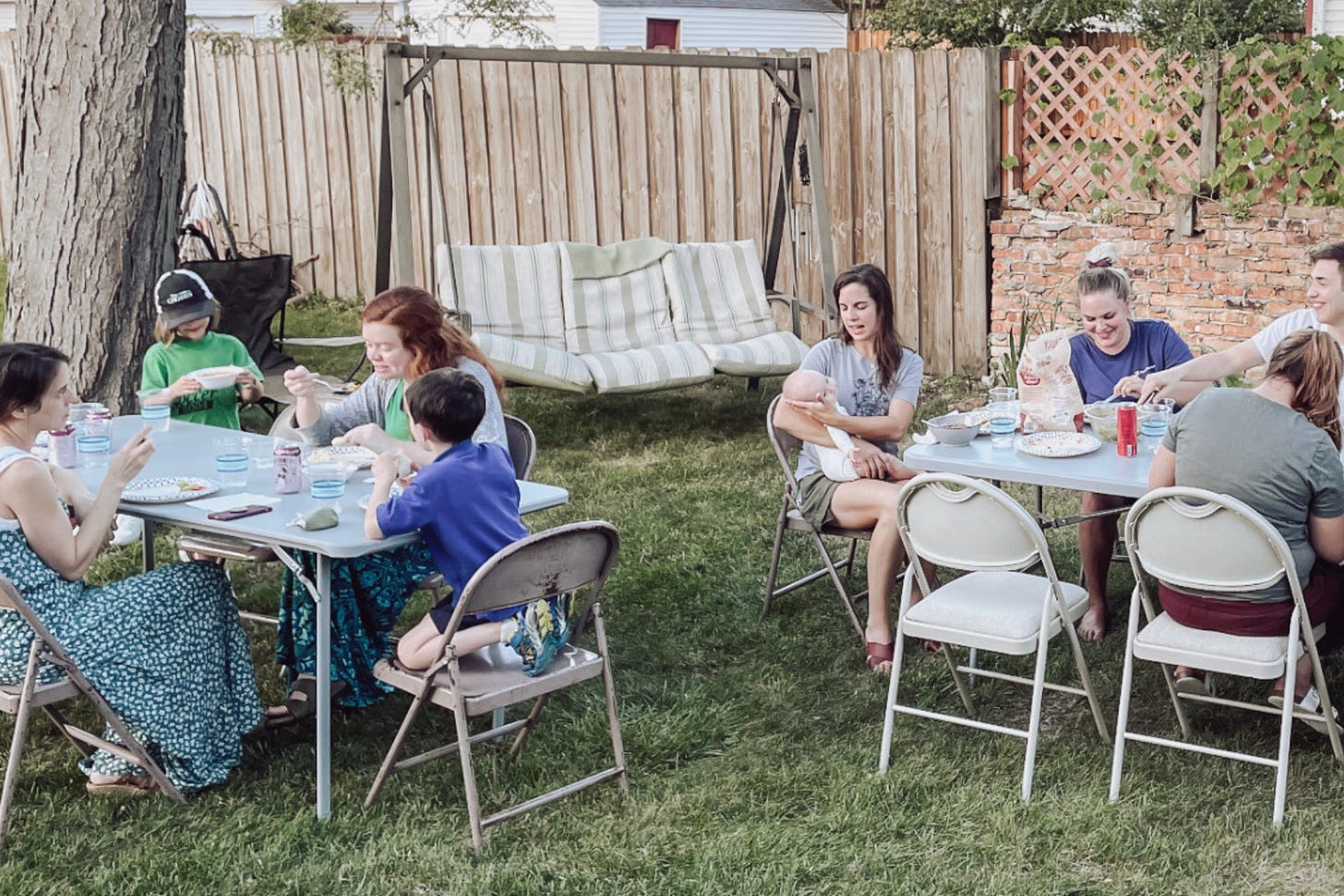‘Household’ gatherings offer intentional community at South Bend parish
The vision is to foster an environment of intentional community, where individuals are welcomed, loved and drawn closer to Jesus.
America is facing a crisis of loneliness. With nationwide declines in social connectivity, even the U.S. surgeon general is concerned about the “epidemic of loneliness and isolation” facing Americans.
And Catholics are not exempt from the crisis.
But parishioners at St. Thérèse Little…

